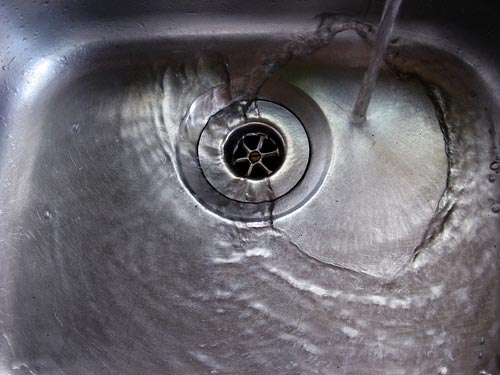
The antibiotics didn’t work, so next I’m going to try doing the dishes.
The illness I referred to in my last post two weeks ago — the one that I said has been impeding my consciousness, shrinking my world down to its most selfish and short-sighted concerns — is still going strong even after taking the whole course of pills prescribed by the doctor. It’s been almost a month altogether.
If it doesn’t get better in a few days I will consult modern medicine again, but in the mean time I’m going to start treating the symptoms in my own way. The coughing and fatigue are annoying, but by far the worst effect of this bout of sickness is that I’ve become a lot more reactive and stressed than normal, which I described in the last article as being stuck in the “lower latitudes” of the overall human spectrum of consciousness.
This lowered consciousness causes all kinds of secondary side-effects. I’m less patient about cleaning up properly, which leads to house-clutter, which in turn creates more mental clutter. I haven’t been especially pleasant to be around, which leads to a correspondingly ill social life, and a growing feeling of missing out. The mental fog makes writing a lot more difficult, and being more reactive means I’m quicker to throw out ideas before I give them a chance to develop. Together, these side-effects create an exaggerated sense that my life and all its little duties are beyond my current capacity to meet.
I normally derive a lot of my sense of stability and peace from the habit of mindfulness — the way in which I walk across parking lots and make tea — and since I’ve been sick it has not been very appealing. I tend to want all the normal moments to be over, or to not happen at all.
A month is a long time to be in such an impaired state and I’m alarmed at how far I’ve fallen in that respect. It’s normally very easy for me to just let my attention settle on an ordinary moment, and find that it reflects some peace or beauty back to me. But right now it only takes a few seconds before something annoys me: the pain in my chest, or the weird clamminess I have, or how it is almost mid-April and still freezing.
If my compromised physical state has created a compromised mental state, then I suppose that treating my current mental state is only going to improve my physical state. It certainly can’t hurt. I need a single, regular place to apply deliberate mindfulness every day.
Signs have been pointing to my sink. My mother’s dishwasher broke months ago, and she never bothered to fix it, because doing them by hand was almost as easy and nothing about it can break down. Read More
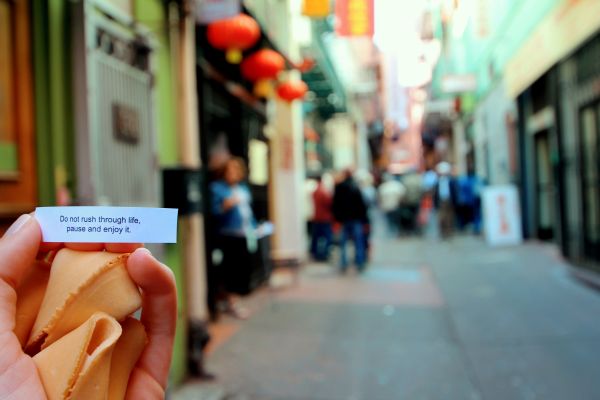
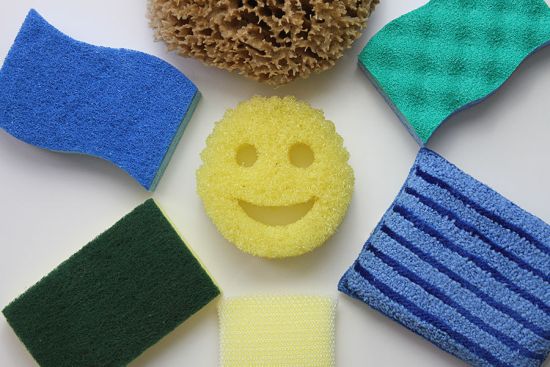

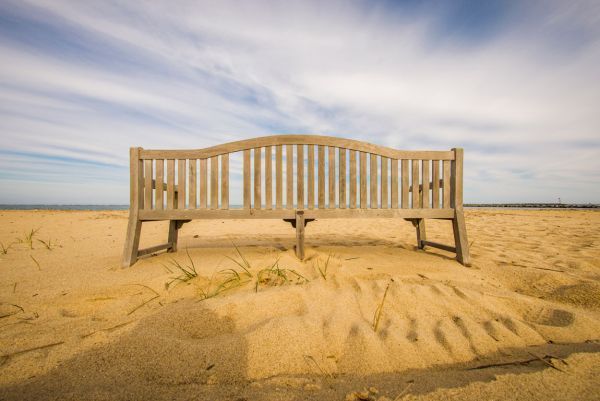

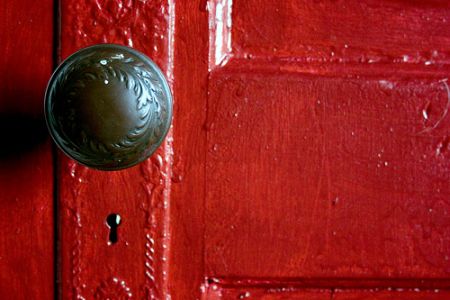
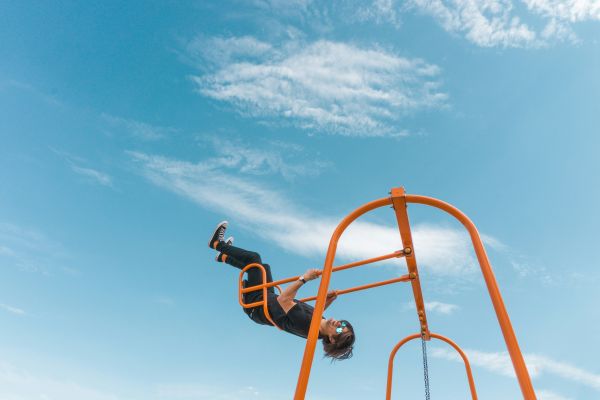


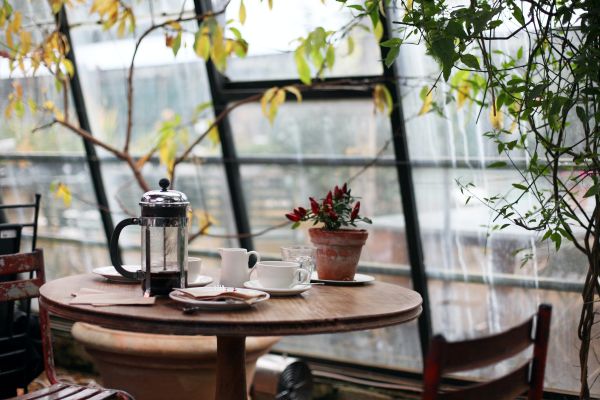
 I'm David, and Raptitude is a blog about getting better at being human -- things we can do to improve our lives today.
I'm David, and Raptitude is a blog about getting better at being human -- things we can do to improve our lives today.
I highly recommend a consistent, daily meditation practice! For years I was interested in meditation, but never did much more than read a lot about it, and think a lot about it... but that doesn't hold a candle to actually sitting and meditating every day. I find it helpful to keep...